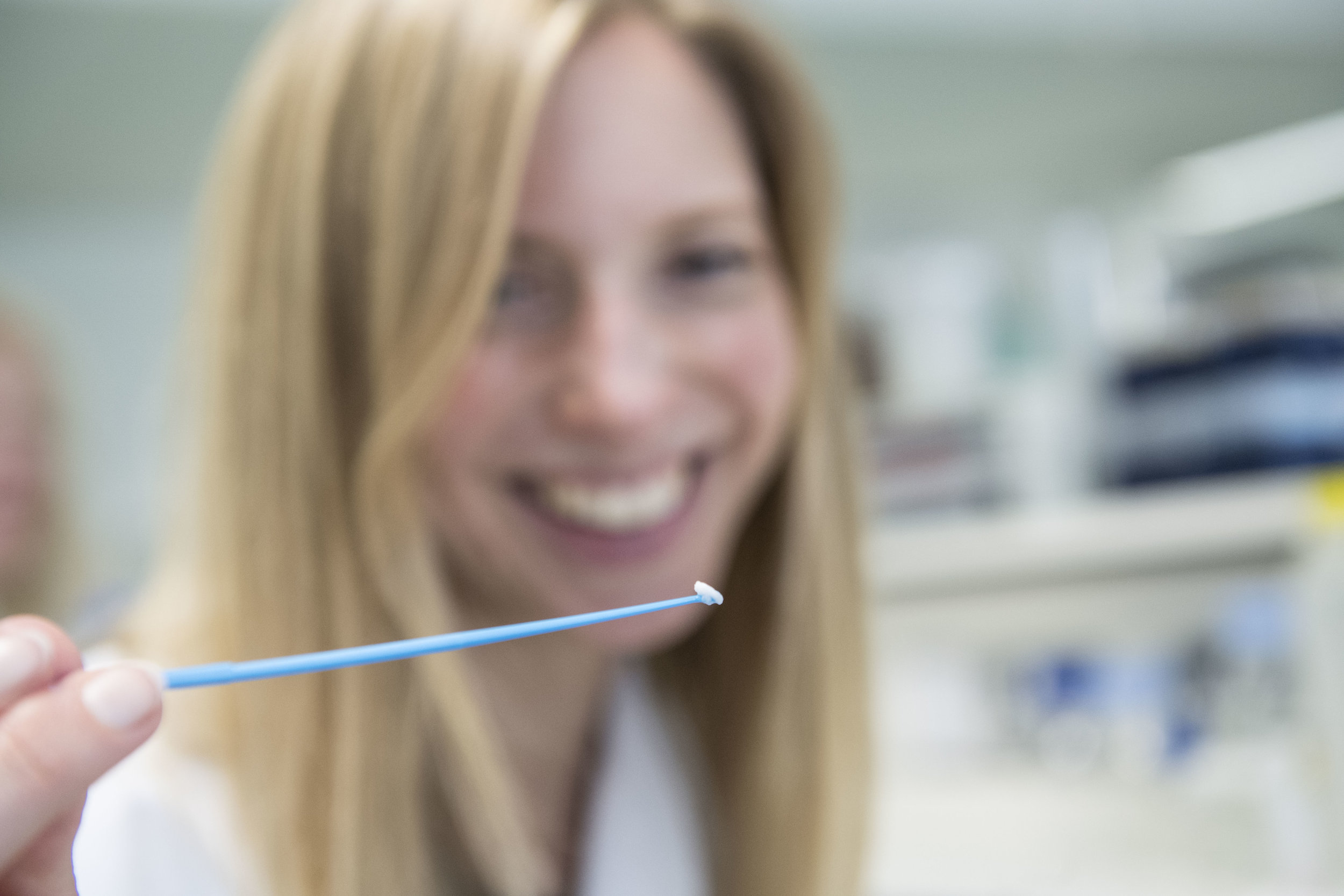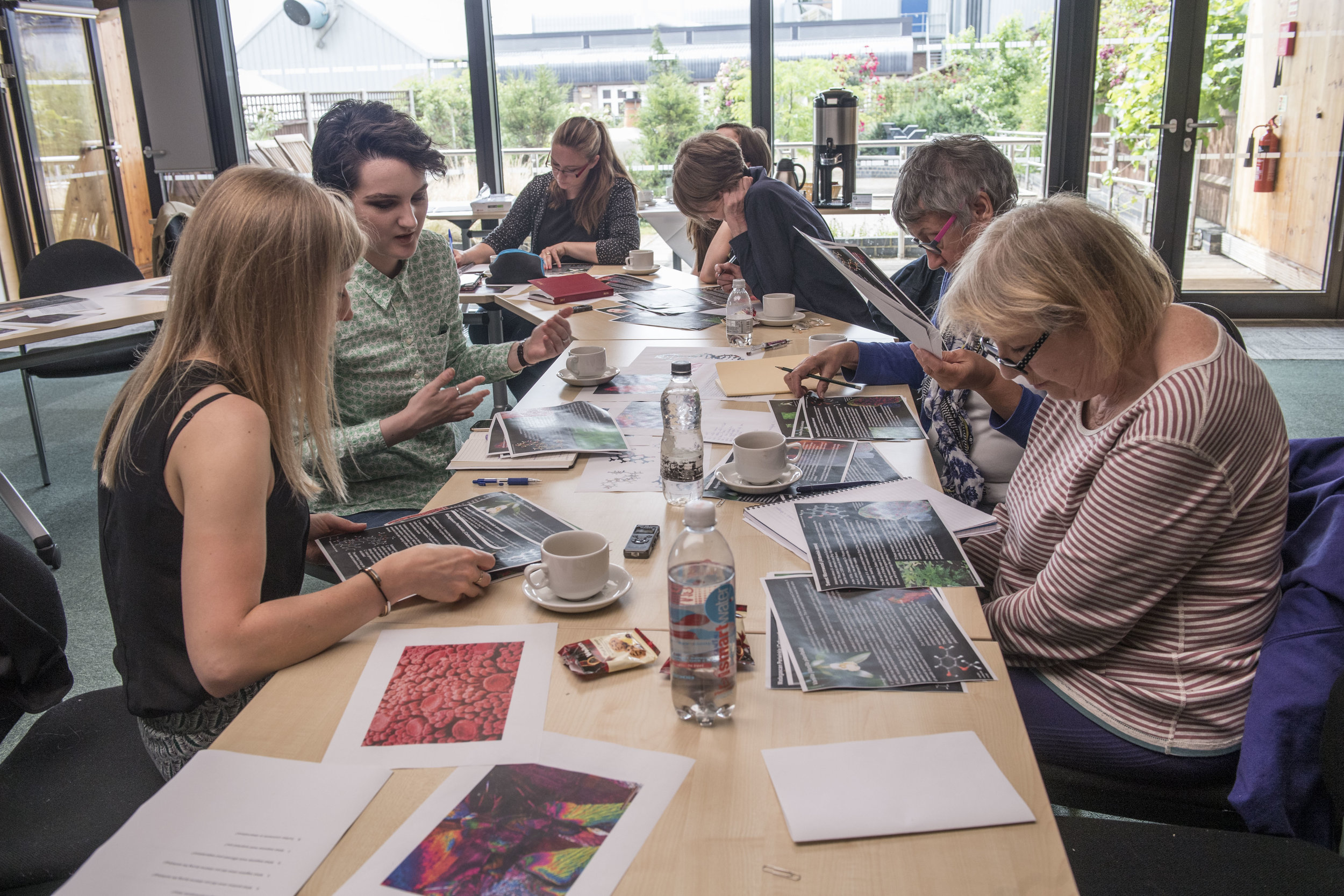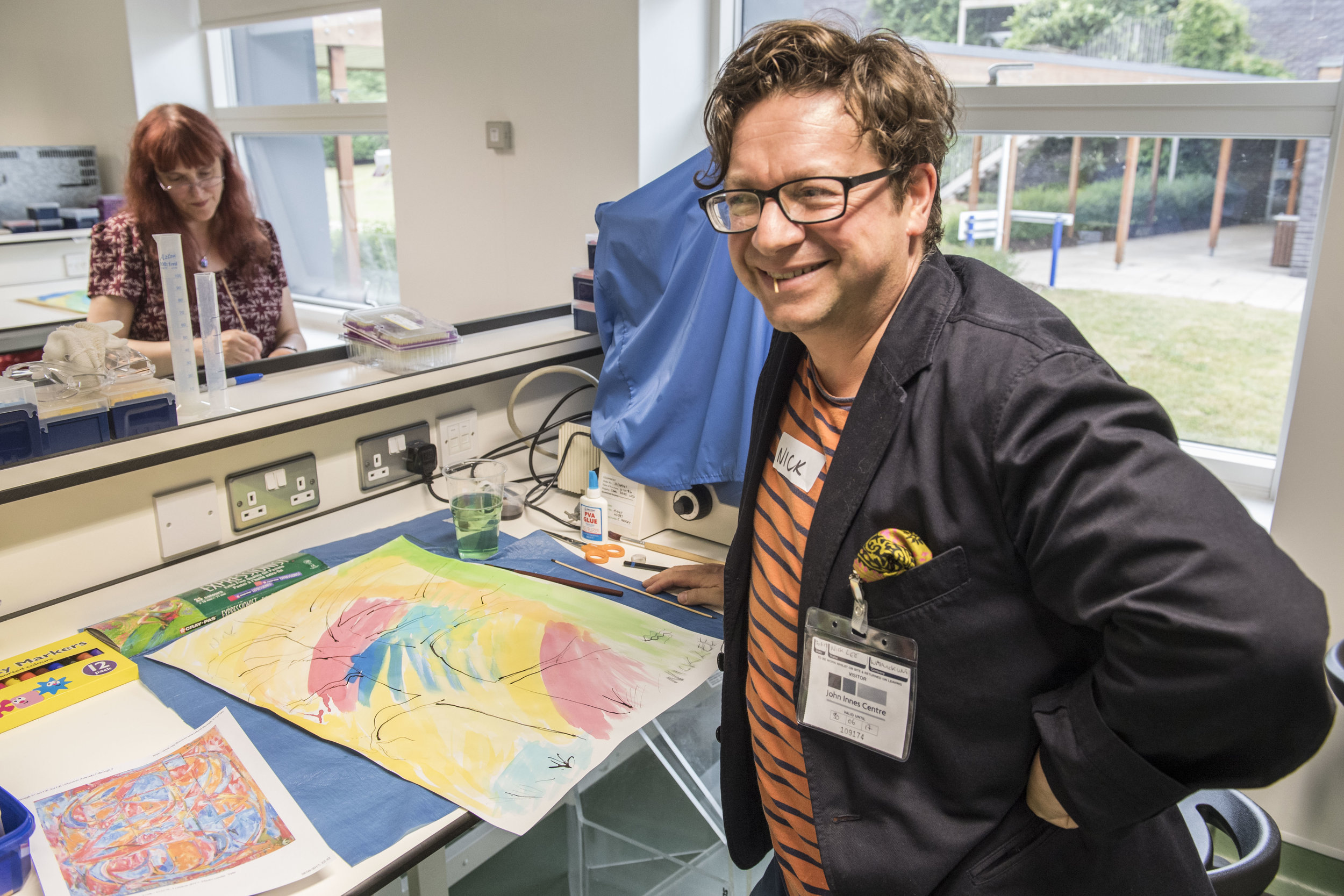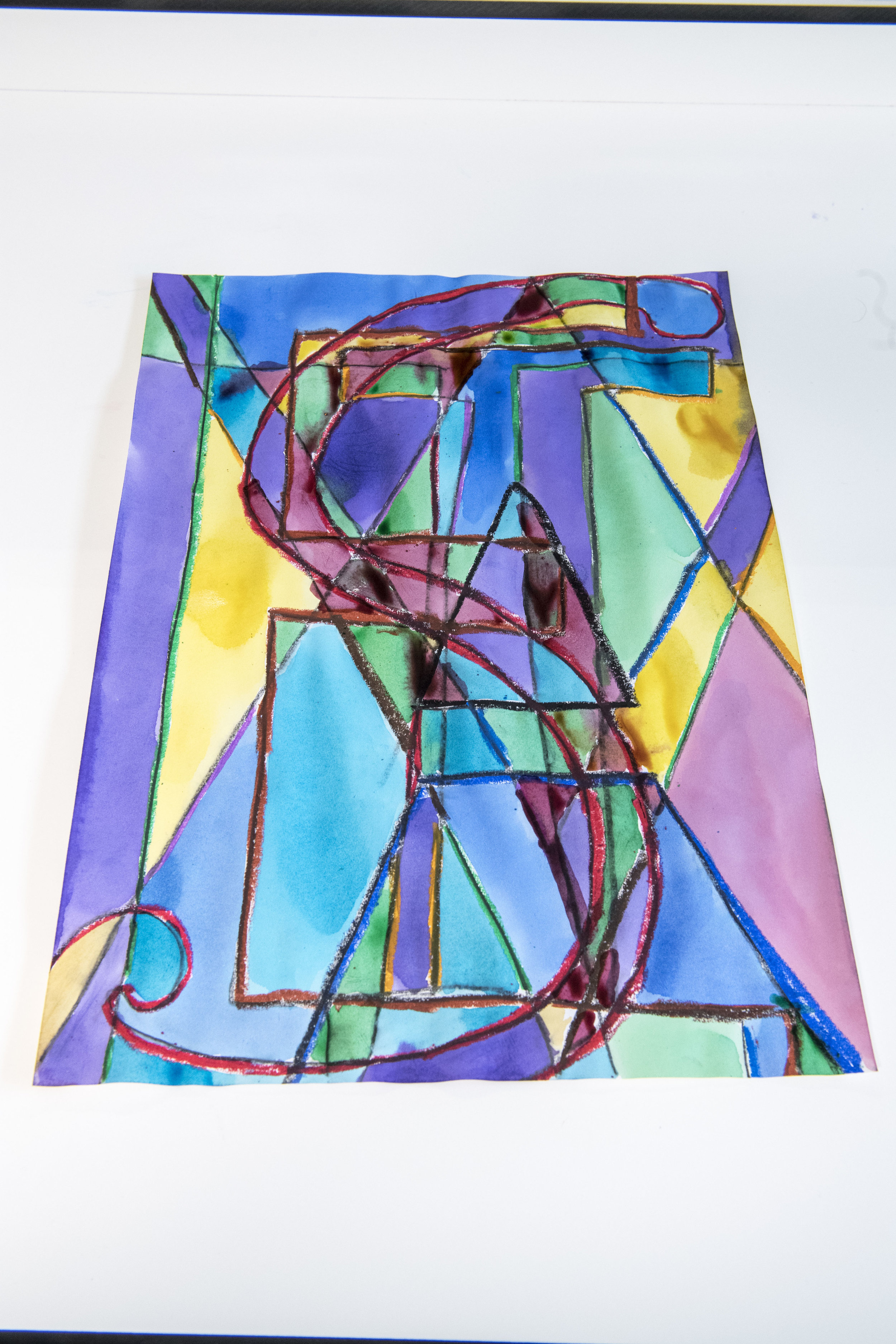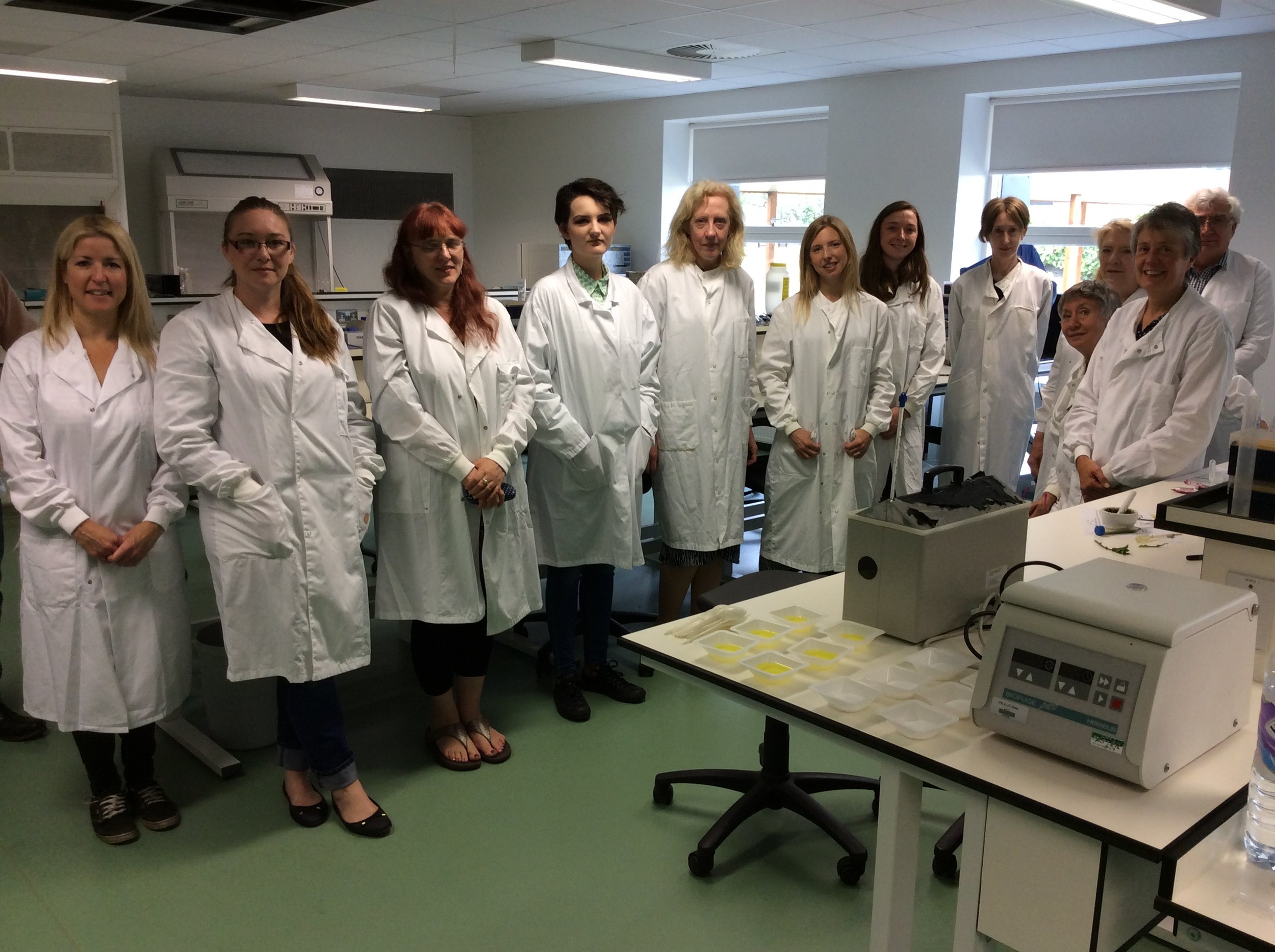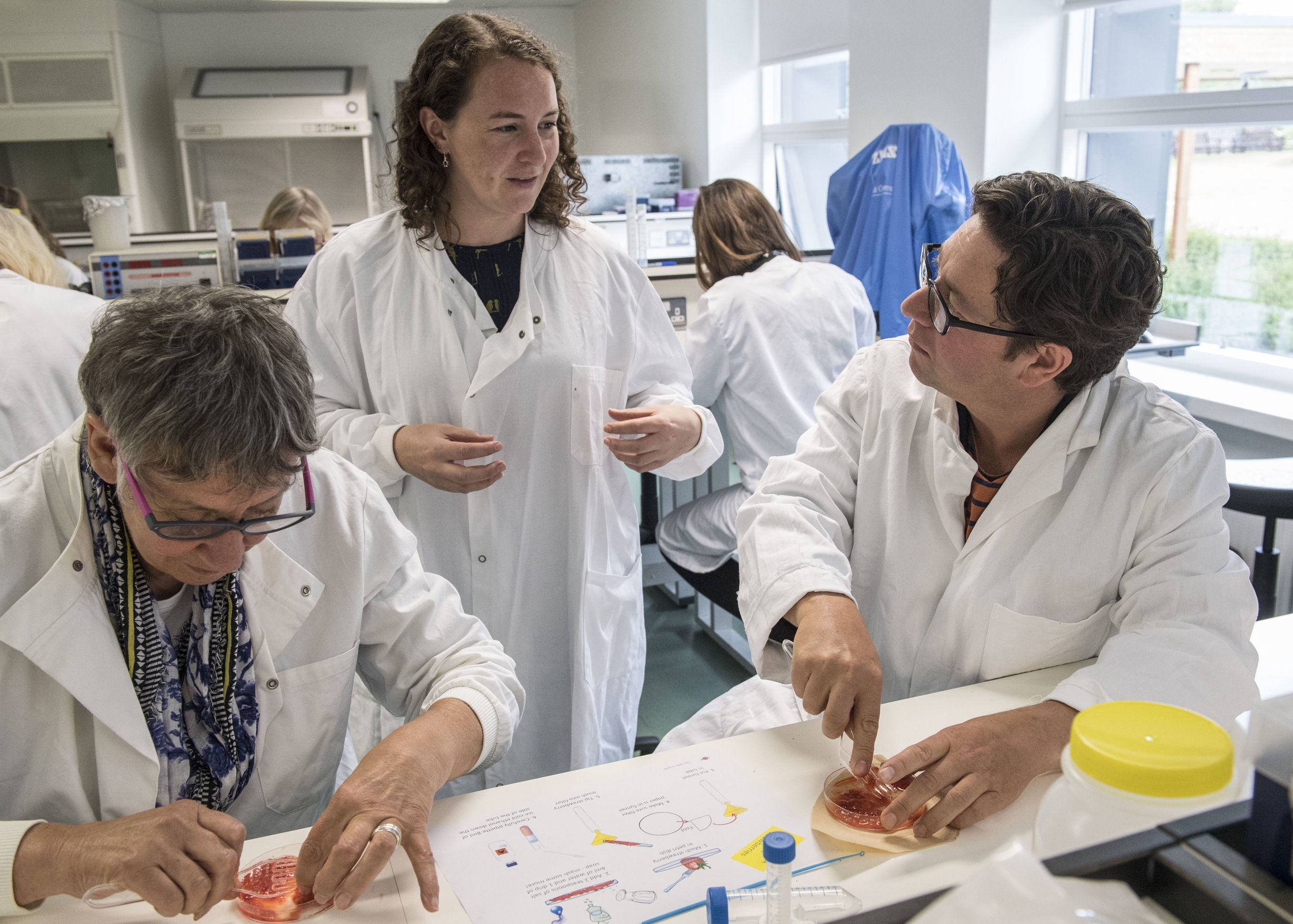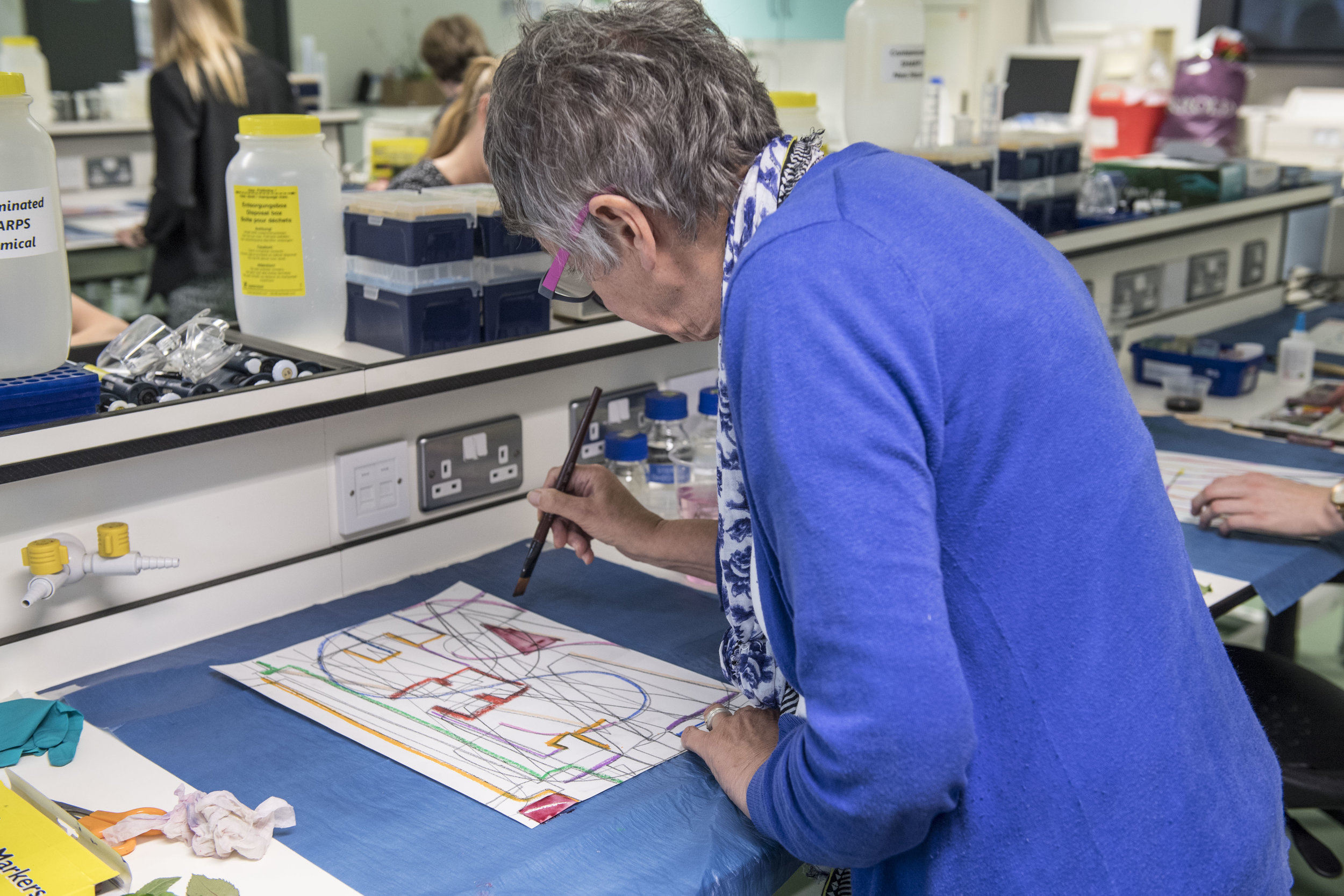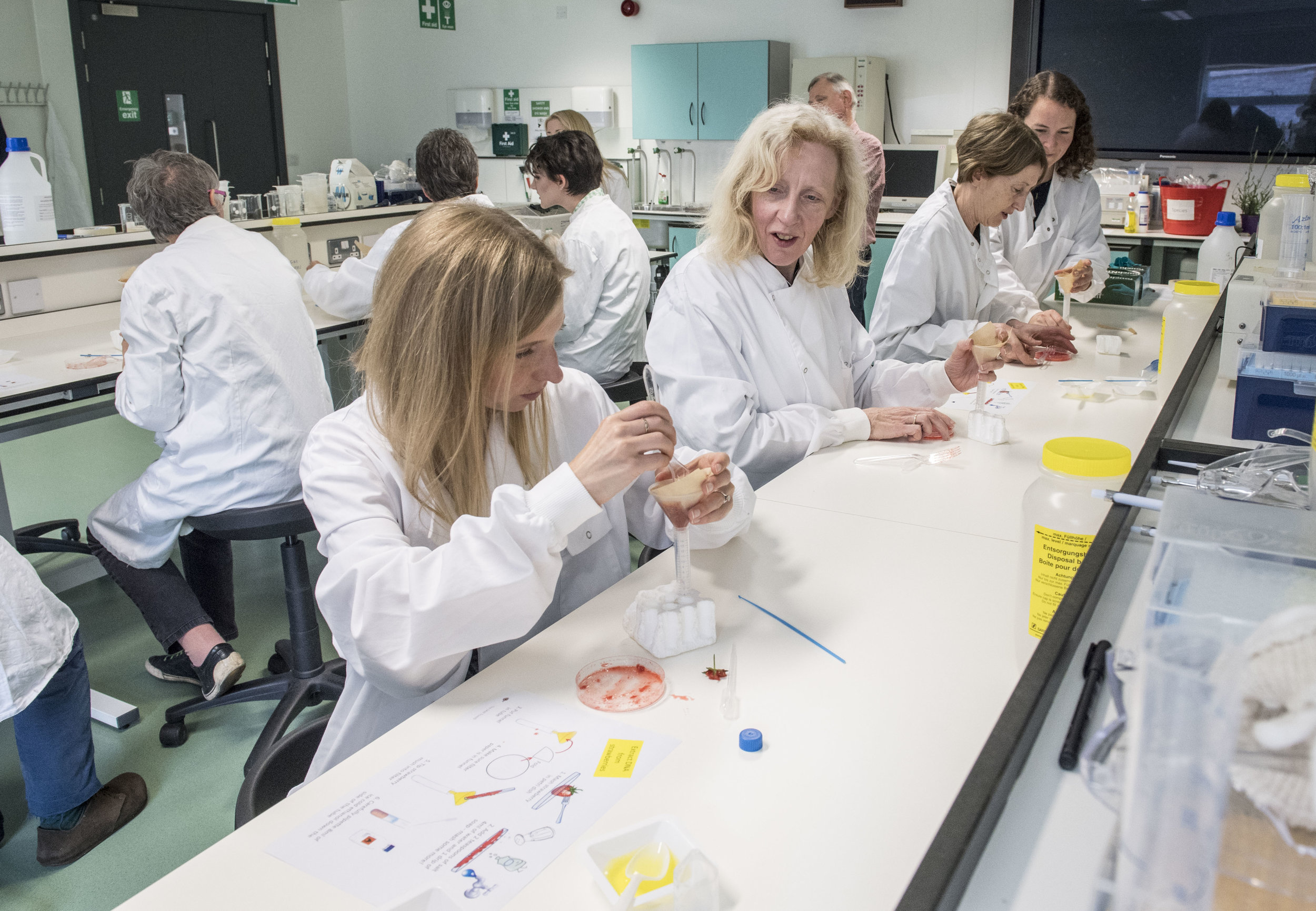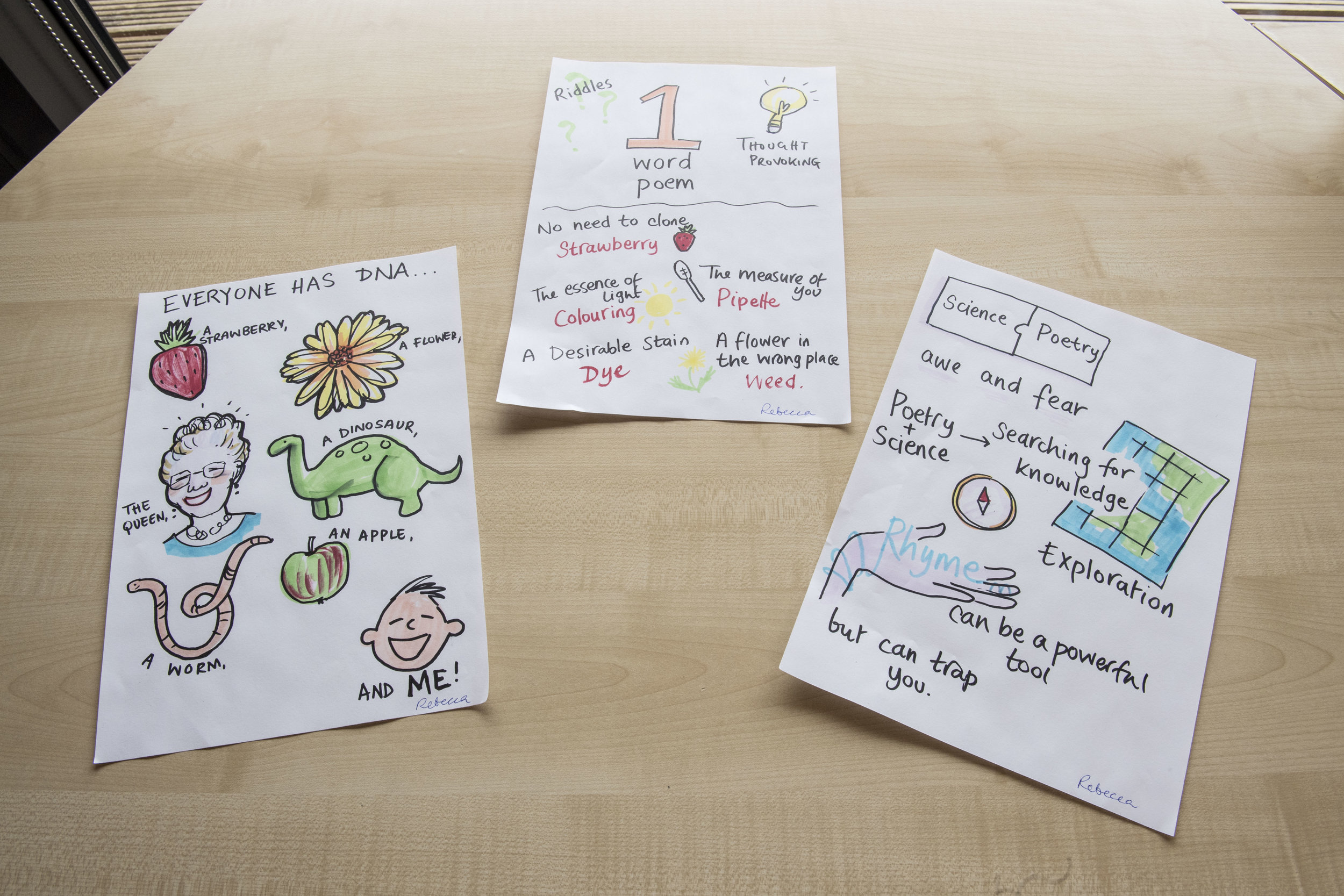The Global Garden
Plants produce a stunning array of chemicals, many of which are valuable natural products used by humans. Some of the most interesting plant species are found in remote locations across the globe where often indigenous people have a long-standing relationship with products from nature. For example, sweetleaf (Stevia rebaudiana) is native to parts of Brazil and Paraguay, and its leaves have been used as a sweetener (known as ka’a he’e) for thousands of years by the Guarani peoples of South America. The chemicals responsible for this sweetness (steviosides) are now produced commercially.
Stevia plant. Robert Lynch, 2012. Wiki images.
A collaboration between OpenPlant, the Science, Art and Writing (SAW) Trust and social scientist Dr Nick Lee (Warwick Integrative Synthetic Biology Centre, University of Warwick), led to the development of a workshop that invites people to engage in discussion and exploration of views on global genetic plant resource sharing. The Global Garden workshop provides a forum for people from varied backgrounds to share their opinions and ideas.
In 2010, the Nagoya Protocol was adopted to set out a legally binding framework by which genetic resources can be sourced and utilised fairly, thereby contributing to the conservation and sustainable use of biodiversity. Though many occasions of benefit sharing have shown good practise, opportunistic exploitation with failure to provide fair compensation to the resource provider is still a risk. To learn more about the Nagoya protocol please visit our guest blog.
With the adoption of the Nagoya protocol the activities of both academic researchers and industry are now much more restricted. Although the protocol aims to ensure good practise, criticisms have arisen over concerns that the imposed ‘red tape’ could hinder research and innovation. The administrative hurdles associated with gaining access to plants from different countries ‘post-Nagoya’ are likely to hinder the discovery of new plant natural products. Around 50% of drugs in current use are derived from plants, and so these restrictions could mean that new potentially life-saving medicines may not be made available to humanity.
Along with the need to clarify who the beneficiaries are, the implementation of the protocol has raised broader questions, e.g. ‘What is a benefit?’ ‘What knowledge associated with a resource should be considered a resource itself?’ ‘What is an appropriate benefit value?’. The answers to these questions are likely to differ among different cultures and societies. Benefits may extend beyond remuneration to broader areas such as knowledge exchange, training and establishment of new collaborations. It is important to explore the many perceptions of values and benefits held by society, to understand and implement a fair and effective way forwards.
Dr Jenni Rant (The SAW Trust) and Miriam Kent during the Global Garden workshop.
Science, Art and Writing (SAW) is a cross-disciplinary initiative that provides a forum for engagement with science. Using the SAW initiative as a vehicle, the Global Garden workshop aims to invite people to learn about the high value chemicals produced by plants and to explore the issues surrounding the commercial development and use of these products. Workshop participants engage in hands-on science sessions, followed by creative writing and art sessions in which they produce art and poetry inspired by their understanding of the subject.
The first ever Global Garden workshop was held at the John Innes Centre on June 30th, 2017.
The workshop, which lasted for one full day, was divided into different activities. The participants extracted pigments from plants, discussed case studies of plants that produce high value chemicals, and then extracted DNA from strawberries. After extracting DNA they then re-visited the case studies to consider how having access to the DNA instruction manuals of plants impacted on their views about access and benefit sharing, and responsible stewardship of the Plant Kingdom and associated resources.
The plant case studies used as examples included the stevioside-producing plant sweetleaf; Madagascan periwinkle, which makes the anti-cancer drug vinblastine; sweet wormwood, which makes artemisinin, a drug used in the treatment of malaria; and the vanilla orchid, source of vanilla food flavouring.
Following their practical science experiences, the participants then took part in two more sessions, one led by a poet and another by an artist, in which they were supported in sharing their personal creative responses to the relationship between plants, chemicals and people.
All participants enjoyed the experience, with many stating they would recommend it and found it to be both informative and insightful. One participant said that the workshop “stretched my thinking about the ethics of bio-piracy” whilst another remarked that it “changed my view of plants”. Katie Beckett (Access and Benefit Sharing Project Manager for the UK) also participated in the workshop and found it to be a valuable experience.
Since the pilot event in 2017, we have introduced the workshop to new locations and different groups of people, including other UK Synthetic Biology Research Centres and the Cambridge Botanic Garden. Our objective is to create a welcoming environment in which individuals can express their own view of plants and their uses, whilst creating a setting for wider discussions. By running workshops with diverse groups, we would like to understand societal views on plants and their uses, and use this to build a wider discussion.
Read more about the Global Garden workshop in our recent publication.
Global Garden pilot workshop; discussing plant case studies, art and poetry writing.
Artwork and poetry produced by participants of the Global Garden workshop.
“To have the time and space to think creatively about the use of genetic resources and the key issues that face society, was an entirely refreshing experience. Creative language and art as communication tools is not something that has come up in my day job, but this workshop taught me the role they can play and of impact they can impart.”
